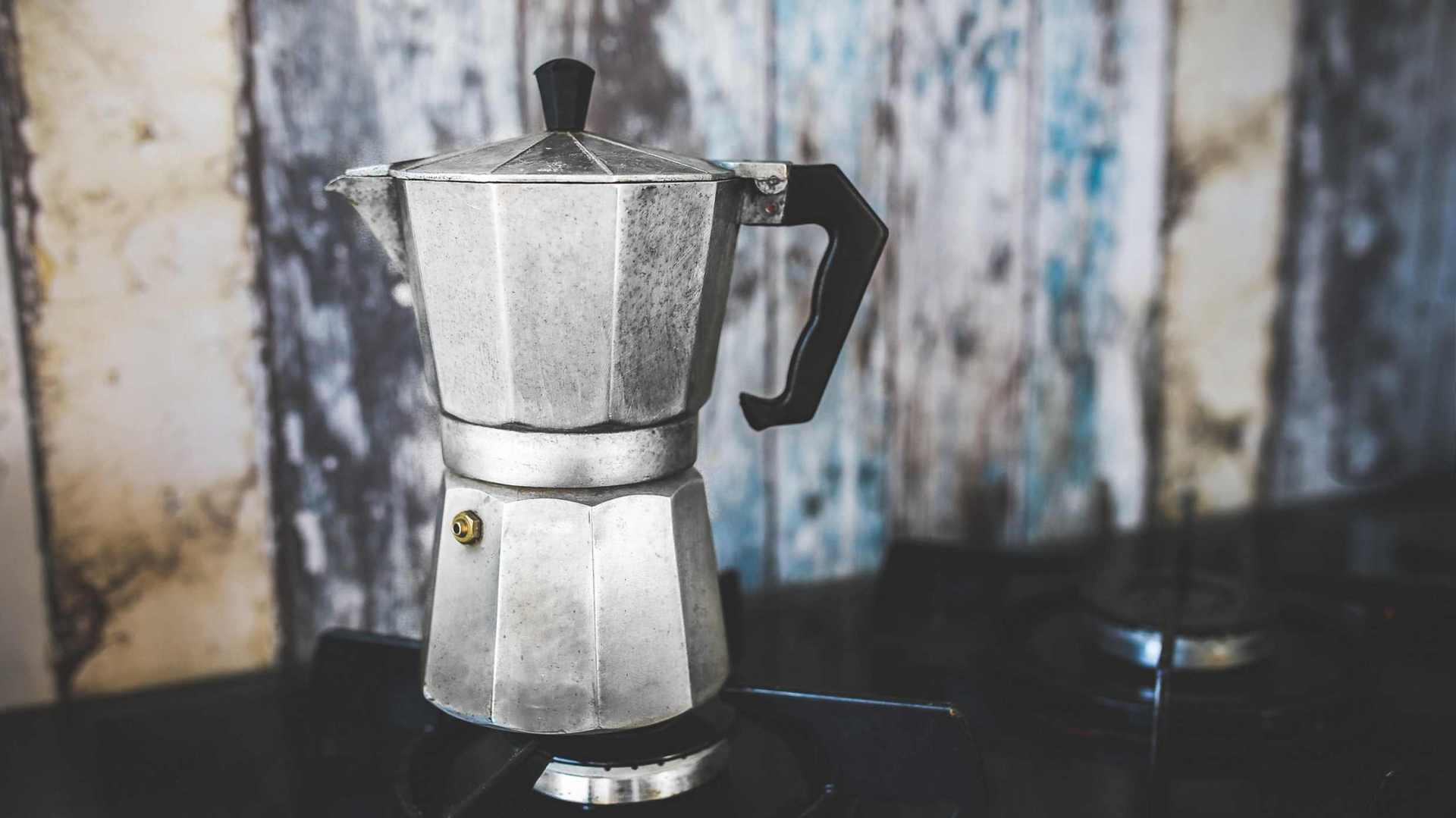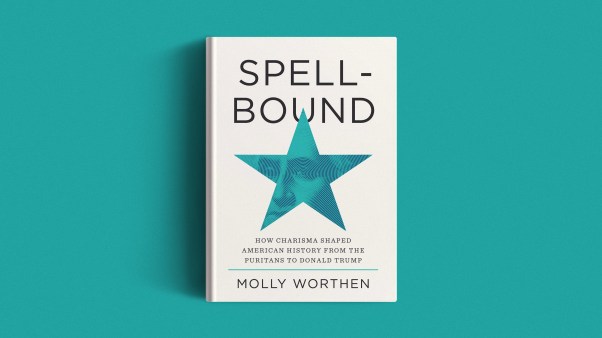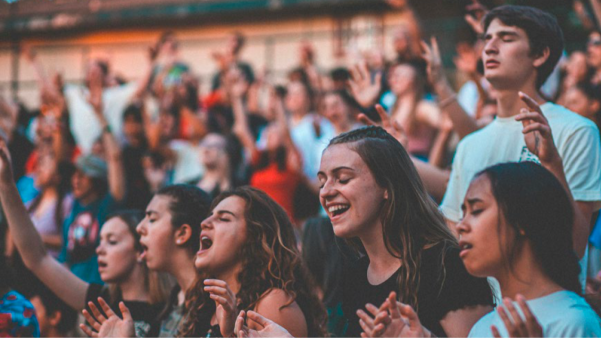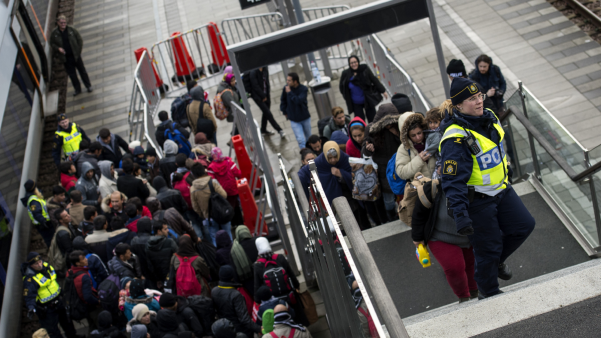“I’ve never made coffee before.”
That’s what I wrote in an e-mail to my pastor a few days before I was scheduled to brew the Sunday morning coffee for our congregation. In retrospect, I don’t blame him—or any of the deacons he must have emergency-contacted soon after—for the response that followed.
I don’t drink coffee; my apartment never smells of it, and I lack the skill or knowledge to brew it. When I think of its connection to church life, I’m brought back to my childhood church’s fellowship hall, where the scent of slightly burnt, sale-shelf, pre-ground roast floated in the air from the bellies of ancient Bunn coffee pots that had squatted in the back kitchen for as long as I could remember.
I’d watched my mom fill those metal drums many times, and so, counting on this experience to guide me, I signed up to make coffee for my own church several months back. I was willing to serve. When I saw later that my name was the only name next to “coffee” on the calendar for that Sunday, though, I emailed the pastor for instructions so that I could serve well.
I’m not sure what I expected—probably something like: “use this many scoops, and turn it on at X o’clock.” Instead, I was immediately emailed a detailed list of instructions. The same list was posted in our church’s kitchen next to the pots, I was helpfully informed, and it included the ideal timeline on which each task would fall. Should those instructions prove beyond my abilities, I could also watch the YouTube video, designed to instruct the uninitiated in the customs of coffee preparation, which had been recorded and uploaded by my church’s leaders for just such a time as this.
I studied up. I watched and re-watched the video. I was prepared. But when I arrived (early) that Sunday, I realized that my inexperience had not been kept secret. No fewer than three deacons were already there. The beans were ground. The pot was already brewing.
I think of this story—which now makes me laugh, though at the time the deacons’ lack of confidence was a hit to my pride—when I walk past the crowd around the coffee pots on Sunday mornings. Protestants like me only recognize two sacraments, and Catholics have seven, but neither party honors the making and sharing of Sunday morning coffee among these sacred rituals. And, of course, coffee time doesn’t really meet the biblical or theological criteria for a sacrament in anyone’s book.
But there is a sacredness and a ritual to the making of and partaking in a cup of coffee, nonetheless—even for someone like me who doesn’t drink it. We grind the beans just right. We wait, meditative, as the water heats and fills the pot. We set the pot to “brew” and trust that aromas will follow. We fill our cups, with or without room for cream, and drink together, preparing for our time of worship, where we will take another, different cup together in unity.
In his book For the Life of the World, Alexander Schmemann calls meals “the last ‘natural sacrament’ of family and friendship, of life that is more than ‘eating’ and ‘drinking.’” We might include the coffee times at our local churches in the list of “natural sacraments,” too: moments when we commune, when we reach outside ourselves to the people with whom we share our lives and our worship. They remind of a sacramental life, a reality that exists beyond our eating and drinking merely to sustain ourselves, as we raise our cups together, as our nostrils fill with the warm aroma—as we share together in something God made good.









